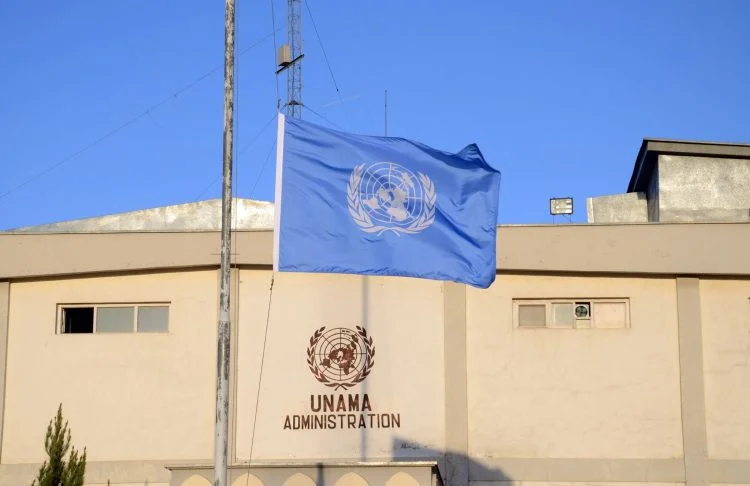The saga of next year’s cricket Champions Trophy drags on, with sources saying Thursday that no agreement has been reached on a proposed “hybrid” format allowing India to play their matches outside host nation Pakistan.
The nuclear-armed neighbours have fought three wars since being carved out of the subcontinent’s partition in 1947 and that rivalry is often reflected on the cricket field.
The eight-team tournament hit a snag last month when the Board of Control for Cricket in India (BCCI) told the International Cricket Council (ICC) that their side would not compete in Pakistan over security fears and political tensions.
Sources speaking on condition of anonymity told AFP the PCB has agreed to the hybrid model — but only on condition that every ICC tournament taking place in India until 2027 follows the same format, with Pakistan not going to India.
Under the hybrid model, Pakistan will host the group matches but its high-profile clash with India will be played in Dubai.
The final would be held in Dubai or Lahore depending on whether the Indian side make it through.
But the BCCI is objecting to the tit-for-tat condition on its own hosting and to the proposal to play the final in Lahore if India do not qualify, the sources said, resulting in no agreement being reached for the ‘hybrid’ format.
PCB Chairman Mohsin Naqvi is in Dubai, where the ICC has its headquarters, to finalise the arrangements, sources said.
The stand-off means the ICC is still unable to announce the schedule for the February 19 to March 19 event.
Also See: Champions Trophy Hybrid Model ‘Finalized’, Says Report
The arch-rivals only meet in ICC multi-national events, with the last bilateral series held when Pakistan toured India in 2012-13.
India last toured Pakistan to feature in the 2008 Asia Cup and have not played a bilateral series across the border for 18 years.
Pakistan were also forced to host last year’s Asia Cup on a hybrid model, with India’s matches and the final hosted in Sri Lanka.
India are set to co-host the next Twenty20 World Cup with Sri Lanka in 2026 in addition to the Champions Trophy in 2029 and co-host the 2031 World Cup with Bangladesh.
In the last few years, Pakistan has hosted the world’s top teams, emerging from cricketing isolation that began after a militant attack on the Sri Lankan team bus in 2009 in Lahore.
Pakistan has not hosted an ICC event since the 1996 World Cup with India and Sri Lanka.
This news is sourced from The News and is intended for informational purposes only.

![No agreement reached on 'hybrid' format for 2025 Champions Trophy as India and Pakistan clash over venue and conditions. [Image via The News]](https://southasiatimes.org/wp-content/uploads/2024/12/1260608_2826542_21_updates.webp)




